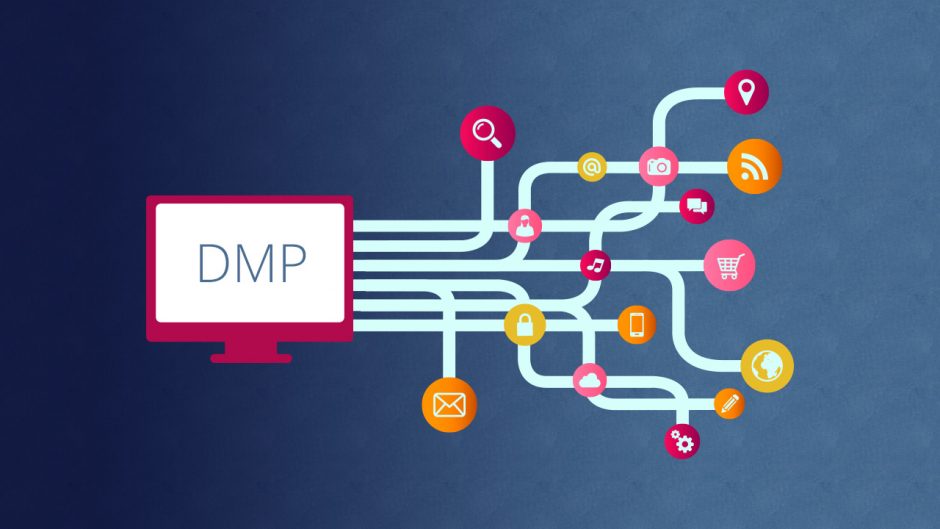I have been deeply involved in DMP/audience data projects in Emerging Markets for over a decade and decided that it was time to put down in words the key lessons learned of this incredible adventure.
At first, let me define how I understand DMPs: They are technology platforms, that helps marketers, media companies and agencies, capture, unify, segment and activate data, in order to create more meaningful experiences for consumers. The most important application for a DMP in a media company is to be able to sell segmented advertising, and the most important application for a DMP for a marketer is to buy audiences that are relevant to their promotions and campaigns.

Having said that, DMP’s in developed countries, especially key markets in Europe and the US, are a relatively well known technology, already undergoing its second wave of development. The first generation of DMP’s were the initial “on premises” solutions with little integrations to other technologies outside of its own stack. We are now undergoing the second wave of solutions that are entirely cloud based, and highly integrated with other technology platforms (from ad servers, CRM systems to programmatic platforms).
Data is also readily available in these markets, and several data providers offer multiple alternatives with several levels of confidentiality! Sometimes, it is almost scary. The other day, I was offered users that were registered to the Republican Party with little to no intensions to vote for Trump! That info seemed to be cool, but borderline unethical for most advertising purposes. However, in Emerging Markets, a few variables make this situation dramatically different, and that’s what I wanted to explore and reflect.
Affordability
Despite a few larger players, in very few geographic markets, not many companies, agencies or publishers can afford another $ 100,000 (and more) project. Most of these companies were already tricked by “magical” solutions in the past with very little practical results. In the late 90’s, ERP gigantic projects consumed loads of money and human resources. In the 2000’s BI projects were the biggest money drains. They were followed by multi-million-dollar frustrating CRM initiatives, that, in most cases, resulted in nothing.
Companies in emerging markets must be very clever managing its expenses, since these markets are way less predictable. A relatively good year in revenues, can be wasted by a last minute political instability, or some sort of exchange rate fluctuation in the other side of the globe, putting that entire year’s result to waste!

My recommendation is to keep projects with simple and well defined scopes. Quick wins are not nice to have anymore…they are a critical part of any implementation. Work with a provider that understand these limitations and offer alternative and creative financial solutions. Its easier to work with a solution in Russia that works in Brazil, rather than a technology that operates exclusively in large, developed markets like the US or Uk.
Data and Reliability
To the best of my knowledge, good data sources are very scarce in countries in development stages. One can count with one hand, reliable and trustworthy data providers in Southeast Asia, Latin America, Russia, South Africa, the Balkans and the Baltic states.

My recommendation is that companies should work with a very small group of data providers, and to deeply understand their algorithms, models and points of contact. If an explanation is too complicated, or seems to be too “grey”, it’s probably not the right company to be working with you. Third party data – as it is called, can be an important source of knowledge for any company, as long as it is understood – along with I also recommend that companies develop their own data (first party data), and invest in what the market is now calling, 2nd party data – special agreements that allow the safe and secure sharing of information, in a controlled environment.
Operations
Large media companies, large advertising agencies and sophisticated companies in New York, San Francisco or London have several team members dedicated to audience and traffic management. They can certainly afford their time learning how to operate a complex DMP system. Most likely, they also have some sort of ongoing project with that technology provider for support, coaching and some times operations.
My observation in emerging markets is that companies rarely have resources available for an audience/traffic project. The same professional that will be managing the DMP, will most likely be involved in several other initiatives. For instance, in media companies, the same person that handles ad operations (also known as traffickers) will also be responsible for the creation of audiences, segments, analysis, integrations with other systems, and so on and so forth. The same will happen within agencies and advertisers.

My recommendation is to work with a DMP provider that understands this limitation, and developed a system tailored to that characteristic. Even better, if that company was originated from an emerging country. The UI’s must be easy to understand, intuitive and quick. Documentation and operating manuals must also be easily available. Support, coaching and consulting should be free of charge, in a constructive and positive manner.
Conclusion
With the points highlighted above, your DMP/Data Project will be most likely successful. Keep it simple, with reasonable and attainable objectives, affordable, with a provider that will support you from the beginning to the end. Start creating some basic audience segments, where the data is clear and transparent. Focus on making these initial audiences easy to be activated and start measuring the results from the beginning.
Measurements don’t have to involve complex advanced calculus equations. The rule is always to make it applicable and quick.
Hopefully my observations can help your data project! Shoot me a note if you have any comments or suggestions.
 This text was wrote by Geraldo Maroniene – International Growth Leader at Navegg.
This text was wrote by Geraldo Maroniene – International Growth Leader at Navegg.




